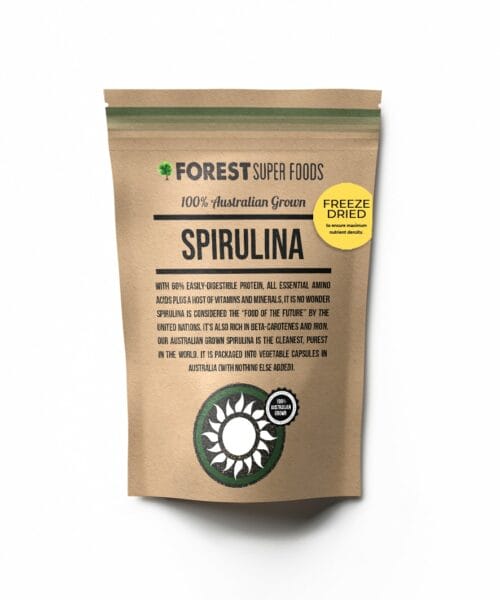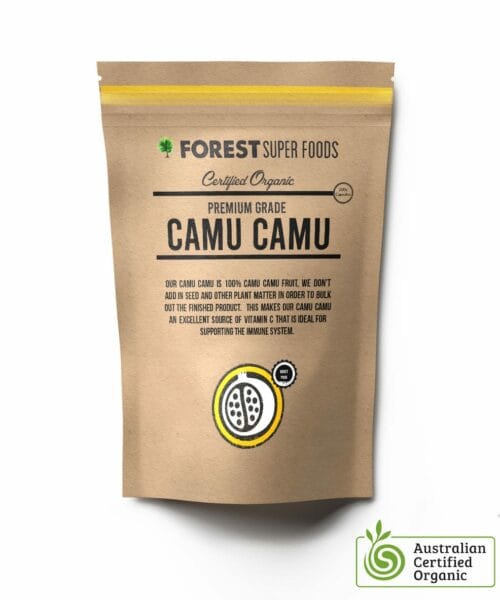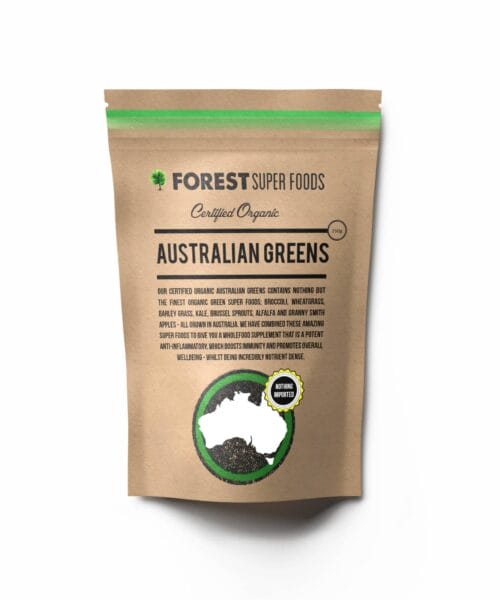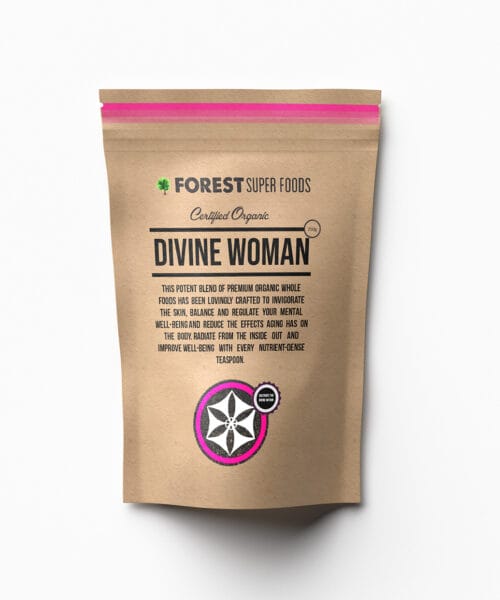When we talk about skin health, we must talk about proper nutrition. The food you eat plays a crucial role in determining the health and appearance of your skin – something you might have noticed yourself.
As a nutritionist, as much as I dislike illuminating just one compound (because it’s never just about one thing) it’s helpful to understand the components of what we eat and the benefits of those on our bodies.
For that reason, I’m shining the spotlight on vitamin A for skin health, a powerhouse nutrient that is one of the secret ingredients to a luminous complexion and combating the signs of ageing.
What is Vitamin A?
Vitamin A is a fat-soluble vitamin that has many roles in the body, including normal vision, reproduction, cell growth and development, and stimulating the production and activity of white blood cells, as well as ensuring that your heart, lungs, and other vital organs work properly.
For skin health, vitamin A works as a potent antioxidant that aids in the repair, renewal, and regeneration of skin cells, which is a fundamental part of having smoother and more youthful skin. It’s also required for the production of collagen, a protein that is vital for maintaining skin elasticity and firmness.
For people struggling with acne, vitamin A can be beneficial, as it’s involved in the regulation of oil production. Regular consumption of foods high in vitamin A can also play a role in alleviating skin conditions like eczema and psoriasis.
Vitamin A is also a potent antioxidant that protects the skin from oxidative stress caused by free radicals, thus preventing premature ageing.
Retinoids vs. Carotenoids
There are two forms of vitamin A;
Retinoids that are found in animal products, foods like liver, eggs, dairy products, and fish.
Carotenoids that come from plant foods, in the form of alpha-carotene and beta-carotene that are then converted to retinol. Great sources of carotenoids are leafy green vegetables, orange and yellow vegetables, tomatoes, cantaloupes, and mangoes.
Being that vitamin A is a fat-soluble vitamin, it is best absorbed in the body when you eat foods containing fat. Try combining greens with olive oil, fatty fish with salad or chia seeds with mango.
If you avoid fat or have a low-fat diet, your body may not be absorbing enough vitamin A.
Problems with isolated Vitamin A
A lot of the vitamin A sold in an isolated form, is synthetically extracted. If it’s not utilised when taken, it’s stored as excess in the liver. Ordinarily this would not be an issue but when it compounds daily, weekly and monthly it can create some problems, namely toxicity.
Prolonged and excessive vitamin A intake in supplement form can result in organ damage, birth defects, as well as many other nasty issues.
That’s why it’s best to get your vitamin A from natural sources – your food.
13 Foods high in Vitamin A
It’s fair to say we all need more vitamin A in our diets, so I’ve taken the liberty of writing you a shopping list.
- Liver (beef, chicken, turkey)
- Sweet potatoes
- Spirulina – ours is freeze dried to lock in maximum nutrients
- Carrots
- Spinach
- Kale
- Butternut pumpkin
- Dried organic apricots
- Cantaloupe
- Red capsicums
- Mango
- Papaya
- Cheese
Add more of these whole foods to your diet to experience more the amazing benefits of vitamin A for skin health, and glow from the inside out!







thank you for the information about Vitamin A and where it is found as I find it helpful and I’ll read it again.